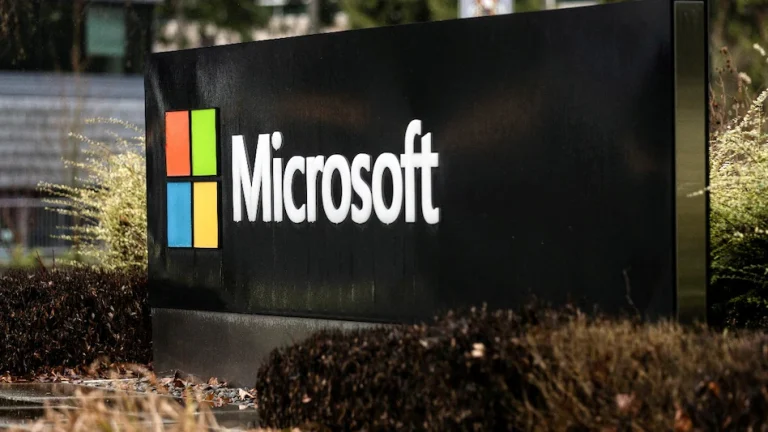The race to dominate artificial intelligence infrastructure just got a distinctly British twist. Microsoft has pledged £22 billion to build what it calls the UK’s largest AI supercomputer, along with a sweeping expansion of its cloud and data center capacity across the country. The move is both a signal of confidence in Britain’s tech future and a not-so-subtle shot across the bow in the global arms race for AI horsepower.
A Mega-Bet on Compute
At the heart of the investment is a sprawling AI supercomputer project—designed to train and run next-generation models at scales that dwarf current standards. While Microsoft hasn’t revealed every technical detail, executives hinted at a system capable of handling hundreds of thousands of GPUs, wired together in a high-speed network purpose-built for training large language models and advanced generative AI.
For researchers and startups, this means compute resources that previously seemed locked behind U.S. or Chinese borders could soon be accessible from the UK. For the government, it’s a coup—proof that Britain, often dismissed as a middling player in the AI race, can lure one of the world’s largest tech firms into planting serious infrastructure on its soil.
Beyond Bricks and Chips
But it isn’t just about the hardware. Microsoft says the money will also fund new data centers across multiple UK regions, weaving together cloud services, cybersecurity infrastructure, and AI-specific optimizations. This expansion plugs directly into the company’s Azure strategy—where AI isn’t just a feature but the central selling point.
Satya Nadella, Microsoft’s CEO, framed the commitment as a generational investment. “AI is not just another technology wave—it’s the platform shift of our time,” he said, underscoring why the company is willing to drop a sum that rivals the UK’s own public investment commitments in AI.
Global Context, Local Stakes
The timing is not coincidental. The U.S. is pouring billions into supercomputers and semiconductor fabs, while China accelerates domestic chip design after export bans. The UK, for its part, has been hunting for an edge—most notably with the creation of the Frontier AI Taskforce and whispers about building a national AI supercomputer of its own. Microsoft’s pledge, then, neatly aligns private muscle with public ambition.
And yet, questions linger. Will the bulk of this compute be available to universities and independent labs, or will it primarily serve Microsoft’s corporate clients? Can Britain’s energy grid—already strained—handle the demands of power-hungry data centers running day and night?
The Bigger Picture
What’s undeniable is that this £22 billion commitment resets expectations. Microsoft isn’t just sprinkling cash on innovation labs or startup grants. It’s laying physical foundations—concrete, silicon, and steel—that could define how the UK plugs into the next decade of AI.
For London bankers, it’s validation. For Cambridge researchers, it’s an invitation. For competitors, it’s pressure. And for everyday users, it may mean the apps on their phones grow faster, stranger, and more capable—all powered by humming racks of GPUs somewhere in the British countryside.
The AI arms race, once abstract, is becoming very real—and in the UK, it now has a home address.







